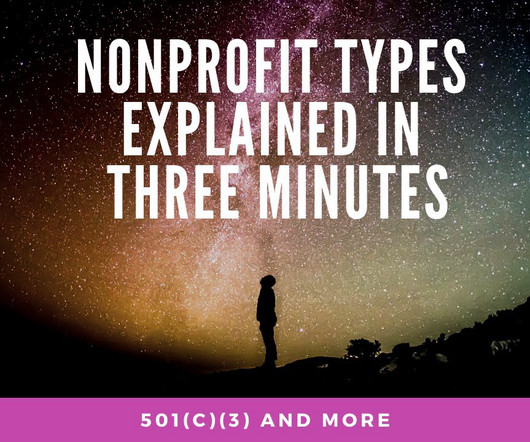Do You Have to Pay Taxes on Grant Money?
GrantNews
JULY 19, 2024
Navigating the tax framework supporting grant money requires careful consideration to ensure compliance with IRS regulations and avoid potential tax liabilities. Consultation with a Tax Professional Navigating the tax implications of grant money can be complex, especially if you receive grants for multiple purposes or in significant amounts.













Let's personalize your content